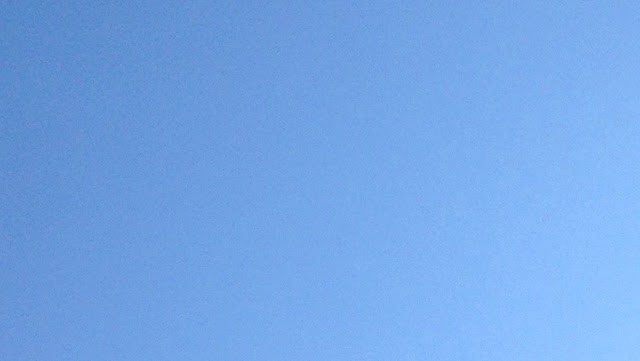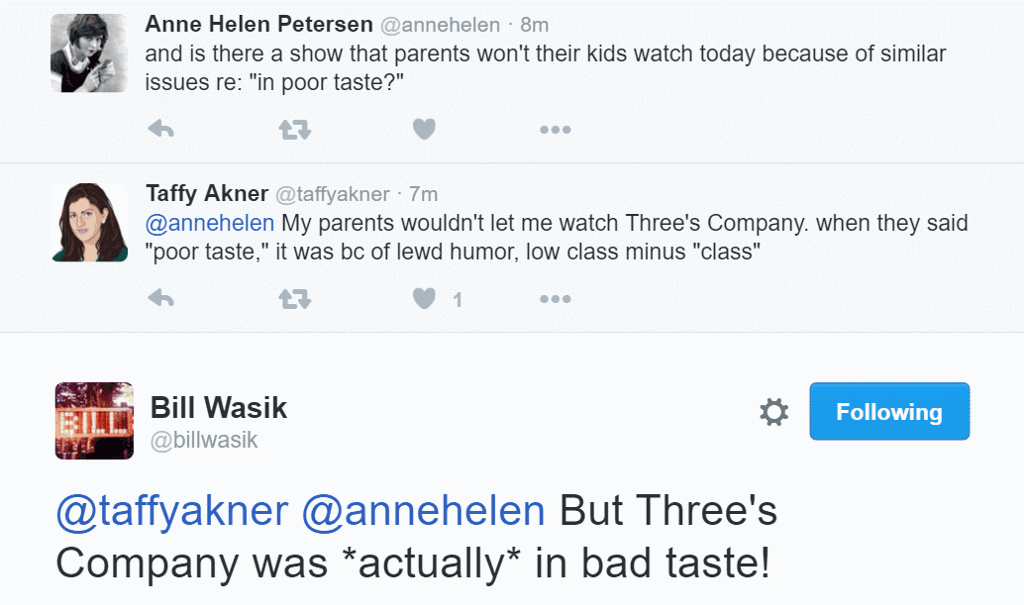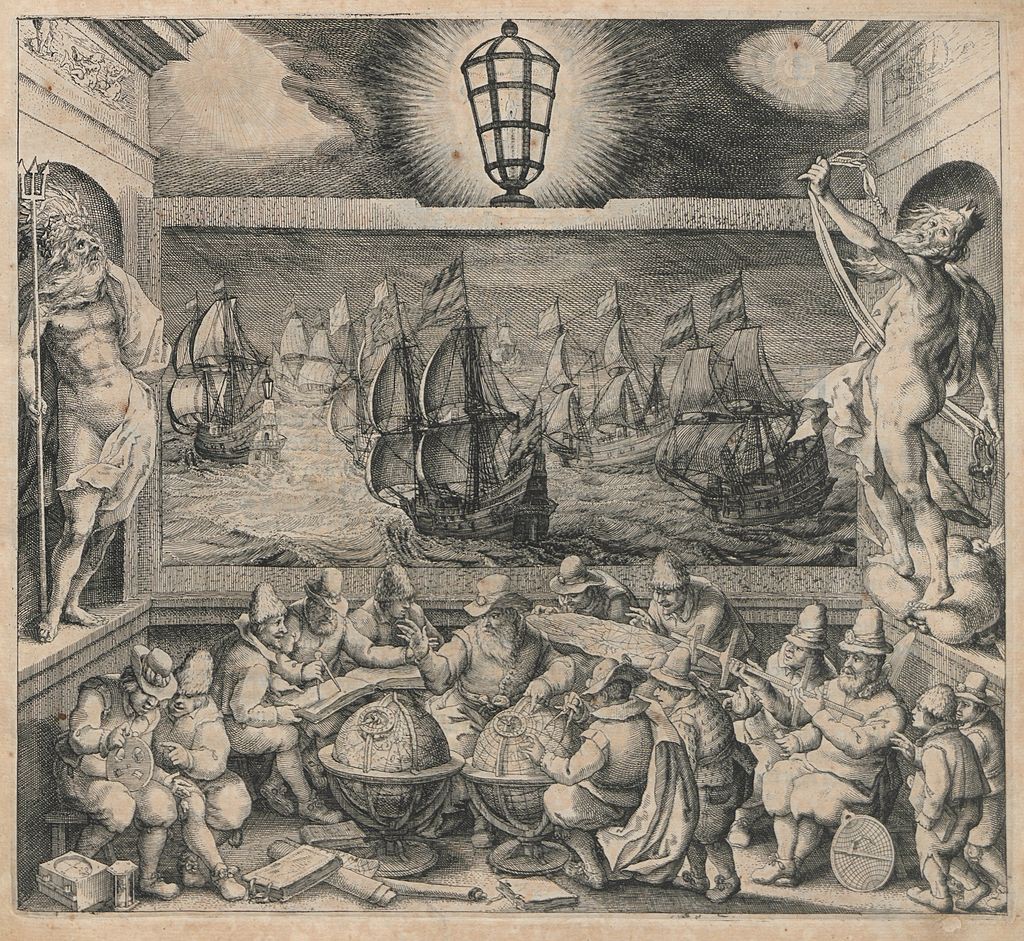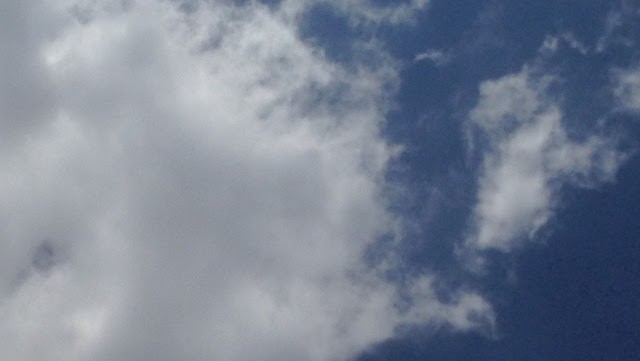nonkeen, "diving platform"
You know what’s great right now? Outside.
Excuse me, New Yorkers? I cannot say what the future holds — no man can — but I feel fairly confident in predicting that we will have few days as nice as this one until November rolls around again. Which is my way of telling you to get yourself outside if there is any possibility of so doing. If there is not — and may I extend my deepest sympathies — I can only suggest you stare out the window and listen to this new track from Nils Frahm’s nonkeen. It’s not the same, but it’s not nothing. Enjoy.

A Poem by Taije Silverman
Our Happy Life
I do. Whammo.
— Dean Young
Because it is a heaviness and takes only the shape of flesh.
Because I never remember what we paid for the house
or how to use the word tautology.
Because in the mornings we speak to it through nicknames
that morph into other nicknames
and rhyme with each other and need nothing else.
Because coffee seems essential and is not,
because the survival of the hydrangea seems essential and is not.
Because the box of a television replaced the box of a dollhouse
where a tiny and serious person had been laid on a bed
or leaned to bake cake at a stove with the same
basic proportions as those of a travel-size padlock.
Because proportion had been stirred into the batter,
because the batter was lumpy but the afternoon late
and we had to eat, didn’t we, put the pan in the oven, set the timer.
Because proportion had volunteered
to be sacrificed; someone after all had to think of the village
or of the children or of the future or of the good of the whole.
Because the word or had no place in the dollhouse
and the sacrifice of proportion had been basically
bloodless, despite its immutable flesh shape.
Because I am not the only one to mistake where for who I am,
the English garden gone coarse with the gray hair of weeds
and the sea beyond it like a doubt
or the heat panicked and climbing off parked cars
and not one shuddering coil would even think to be sacrificed
for the sake of the little ones, the innocent in their strollers.
Because I am not the only one.
Because the strollers seemed mockingly expensive
and the house nothing, the house practically free.
Because the word practically slid shut over the sea
like a smell of wood glue.
Tautology: the study of dragonflies mating,
tautology: the tenderness I felt for him asleep.
Because I am not the only one, said the dollhouse to the dollhouse, or
do you take this, yes I take this, or we had to eat, didn’t we
and the shows we would watch about well-meant vampires
were almost constantly being recorded.
The premise of x=x filled the garden, improbable, yes,
but for a moment expected
and then the sea we didn’t see, and then the heaviness
well beyond measure.
Take me, said proportion to the minotaur or the sun god
or to the blade like pure air at the margin of the knife.
Taije Silverman’s first book, Houses Are Fields, was published by LSU Press in 2009. Her poems and translations from the Italian appear in Poetry, Ploughshares, The Nation, The Best American Poetry 2016, and elsewhere. She has received a Fulbright Scholarship and an Emory University Poetry Fellowship, and currently teaches poetry and translation at the University of Pennsylvania.
The Poetry Section is edited by Mark Bibbins.
Who's Scraping Your Intimate Bits Now?
Spoiler: Everyone
Creepy startup will help landlords, employers and online dates strip-mine intimate data from your Facebook pagehttp://wapo.st/24CHSL2
It is funny how this assumes that there is such a thing as a non-creepy startup. Everything is gross and everything is predicated on the idea that you are data to be mined and sold. The only thing more disgusting than the lies we’ve been told about innovation and convenience is your willing complicity in this sickening system. You deserve everything you get. Please like and share.
Rival Consoles, "Lone"
You take your pleasures where you can find them and where you can find them at present is in the fact that there is a new Rival Consoles record coming in August. That will have to be enough for now. Enjoy.
New York City, June 7, 2016

★★★ Sneeze after sneeze broke loose under the sun, till one small cloud briefly cut off the direct light. Shadows of unseen pedestrians on the subway grates crossed the patches of daylight in the track bed. The clouds were pert and white, even as hot air boiled from the traffic and a piercing reek of urine asserted itself over yards and yards of sidewalk. The breaks between blocks along Fifth Avenue were marked by haze slipping between the buildings. The afternoon clouded over and a thin shower made a taxi and a livery SUV turn on their wipers intermittently. At night, the rising wind made the apartment door rattle in its frame as if someone were fumbling at the wrong lock.
In Defense Of "Three's Company"
Let’s not dismiss the importance of seeing a man about the house.

I know our media elite like nothing more than to judge the works of the past as if they were being created in our current cultural climate, but this kind of historical revisionism cannot be allowed to stand: For all its faults, “Three’s Company” played a valuable part in helping to satirize the oppressive gender roles of its area, thus hastening their destruction. You could even make the case that “Company,” in seeking to smash the idea of women as delicate creatures who were incapable of living with an unrelated male, made the possibility of a female President of the United States ever more acceptable to the general public. Talk all you want about this being the Golden Age of Television but you discount the subtle, subversive influence shows like this had on their viewers at your — and history’s — peril. This discussion does not even take into consideration the important work the writers and performers of “Company” did in demonstrating the devastating toll the widespread prevalence of comical misunderstanding took on everyday Americans in a post-Watergate era, but you could write an entire dissertation on that and have plenty left over for a TED Talk. God. Stereotype-shattering art didn’t start with “Six Feet Under,” you know.
What Parts Of The Web Would You Leave Behind If We Built A New One?
You can’t say “everything” although, believe me, I completely understand why you’d want to.

Question: If you could fix the web right now, what aspects would you disallow?
The stupid stuff that makes you cry? The posts you read and want to die? The toxic way it’s always on? The dumb cascade that starts each dawn and never lets up for a minute? The “content” with no content in it?
The sick and showy self-display that everyone puts on each day? The cheerful way we all disguise our self-promotion with the lies that building brands is now a must?
The gross misuse of people’s trust when what we really choose to show is where we’ve seen the traffic go? (I make no judgments on that score; everyone’s a traffic whore. Still, the rush to ape and add to coverage — whether good or bad — because we know the numbers work is so predictably knee-jerk that even those with fair intentions can’t escape grotesque dimensions.)
The poison that is magnified pretending life is cut-and-dried? The pile-ons, fights and ugly bouts where all you hear are desperate shouts of those who loudly seek to show that they’re the only ones who know the difference between right and wrong?
The “here’s how this thing happened” clinics — and advocacy of same from cynics who say that you can’t argue clicks when all their posts are based on tricks that tap into our basest urges? The way that everything converges into one disgusting pool of empty, fetid verbal drool?
Or maybe there’s some other stuff you wish the web would somehow snuff? I want to know, because I care! Please make sure that you like and share.
True Colleagues
Navigating time, space, and friendship with Annie Abrams.

The twentieth century cultural historian Reverend Father Walter Jackson Ong was a very interesting man. His most famous book is called Orality and Literacy: The Technologizing of the Word (1982), and it considers the effects on culture of writing things down. One of Ong’s grad school mentors was Marshall McLuhan, that very famous media theorist who explained that the medium is the message, and so on. Ong also had a professor, a tweedy guy named Francis Peabody Magoun, who taught him about words and their funny histories. I don’t care about McLuhan much, but Magoun, who isn’t very famous at all, he’s my guy. He edited a book called The Gest of Alexander: Two Middle English Alliterative Fragments, Alexander A and Alexander B, Translated from a J2-recension of the Historia de Preliis, which is the subject I care about the most about in the world. We share a tiny love, Magoun and I.
The Ong-McLuhan-Magoun triangle of time and contingency is an illustration of how, in academia, contact matters. Ong showed that the transition from orality to literacy influenced the way we communicate—his work affects the way we think about the meaning of all writing and its role in our lives. This was in part inspired by Marshall McLuhan, a man so hot and cool that there is a literally a book about him called Hot and Cool. But his thought was also shaped by Magoun, an obscure mega-nerd. These three men worked in three different traditions, but take on their clearest form when seen in relation to the others. How wonderful! And how strange that they were all in the same place at the same time! Not as a thinker but as a point of contact: that is the way in which I am interested in Walter Ong.

Annie Abrams and I were in the same PhD program together, but our fields couldn’t be further apart: she studies nineteenth-century America, I study medieval Europe. But working alongside Abrams, as a person who just happened to be in the same place at the same time, has opened up doors in my brain. Her dissertation is called American Anglo-Saxonisms: Race, Time, and Old English, 1835–1860, and it is about how nineteenth-century white Americans thought about their place in the world, and my dissertation was about how white people in medieval Britain imagined their place in the world. In our respective fields, Abrams and I both theorize that time and temporality have played important parts in the history of race.
Abrams shows how certain nineteenth-century white Americans conceived of themselves as being part of a timeline that extended simultaneously east and back in time to Anglo-Saxon England (where they were from) and west and forward into a progressive American future (where they were going). That’s a folkloric way of understanding American history, which experts like Abrams call Anglo-Saxonism. It’s a historical observation about the way white Americans once understood themselves in relation to the history of the world — a racialized way of making sense of identity.
In her dissertation, Abrams tries to figure out why four American writers who were not particularly Anglo-Saxonist in their political thinking — Longfellow, Thoreau, Child, and Douglass — were very interested in Old English literature (the Anglo-Saxons spoke Old English before the Norman Conquest). These four writers, Annie observes, formulated relationships with Old English poetry that braided race, time, the past, and the present together in hyper-specific ways.
When Abrams first explained American Anglo-Saxonism to me, it blew my mind. I knew that Americans used the acronym “WASP,” and that Anglo-Saxon is a racially loaded term. But the way that Americans had mobilized the concept of the medieval, and the way that Abrams showed it happening so deftly — that felt new. I saw the pressure that the present can exert, backwards through time, into history. Abrams showed me that medievalism has a life in American whiteness that was completely beyond my understanding. It is so good to see your own limits.

Next, Abrams is going to be teaching high school English at a New York City public school. I asked Abrams how her research relates to her own existence, hoping she’d explain something about why she wants to teach high school, but she didn’t buy the distinction. “Is the idea that research somehow transcends my life as a human being?” she said. Research and life as a human being are the same thing. Of course — it sounds so obvious, once a true colleague has said it. A true colleague is a person who just happens to be in the same place at the same time as you, but who speaks a language that you can understand. That doesn’t sound like much on the face of it, but I don’t think I can understand most people’s languages. There aren’t many true colleagues out there. Walter Ong found his, and I have mine.
Knowing Abrams feels like a coincidence, but it isn’t quite a coincidence. It’s historical accident, but it’s the kind of accident that shows that all of history actually works this way. Flows and paths and contingent circumstance are random, until they’re not: all of a sudden, a point of contact blooms and suddenly the present is exerting a kind of force backwards through time. It shows us the shape of history, and it lets us see the world anew.
Josephine Livingstone is a writer and academic in New York.
Sleigh Bells, "Rule Number One"
The most uncharitable part of myself has had a tremendous time over the last twelve hours reading Twitter to see the impotent, angry defiance of blubbery Bernie Sanders fans as they are forced to face what has been obvious to anyone with a working brain since Hillary Clinton won New York back in April. (Lest you think this is my declaring some sort of preference I can assure you that had the outcome been reversed I would have derived a similar amount of pleasure from the childish social media bleatings of Clinton supporters; the most uncharitable part of myself is an extremely broad church.)
I don’t often enjoy reading the average idiot’s commentary on the myriad platforms that offer a larger canvas on which they may now expose their imbecilities — the average idiot is no more fatuous than the average professional and I am already surrounded by an ocean of dumbassery from people who are paid to demonstrate just how stupid someone can be and still find work, I can’t imagine what kind of masochism would cause me to spend more than a moment on the outbursts of the morons who are doing it for free — but almost as good as burnt Sanders supporters are Sleigh Bells fans, who fight on the YouTube pages as if their opinions made any difference. Anyway, here is a new Sleigh Bells song. I will allow you to judge for yourself. If you have something to say about it you are more than welcome to post your response somewhere; that’s what makes the Internet the magical wonder that we’re all so delighted about all the time now. Enjoy.
Oh, also, before I let you go: We are somehow almost halfway through the year, which means lists are being made. Gorilla vs. Bear has a couple of decent ones.
New York City, June 6, 2016

★★★★★ The clean light that had leaked in at sunset was all the light now. Sun hit the shoulders of an ironed pink dress shirt like silver epaulets. Eyes cast down at the metal subway stair treads were forced back up by the glare there. No shady side of a cross street was to be found in the late morning, just a narrow band of shadow under the faces of the buildings on either side, bumpy with the shape of the cornices far overhead. Once the sun was past its peak, though, the shade filled in, deep and blissful. People sat outside, separately and in identical posture, looking at their phones. An errand deferred more than a week was easy to run; it was not too hot to lug the resulting parcel home. Enough gray clouds crossed the late sky, with maybe a single drop of rain, to make it impossible to take the brightness before or after for granted.
